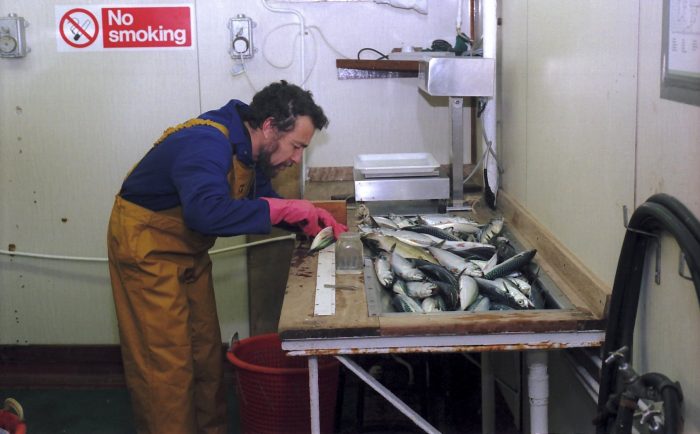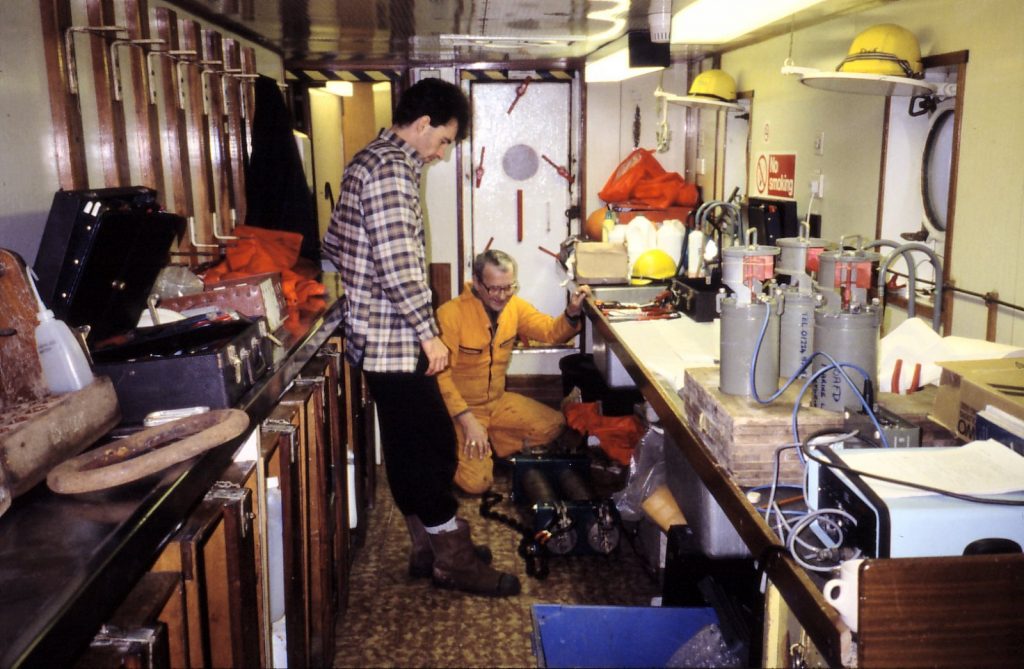Marine
Why we publish our science
July 9, 2020 by Marine Directorate Communications 1 Comment | Category Marine Directorate general, Marine Directorate Science
From Japanese sardines to the effects of mackerel grazing on plankton in New Zealand, Environment Monitoring and Assessment Programme Manager Dr Bill Turrell explains why a 25-year-old Marine Scotland Science paper on understanding mackerel in Scotland is still having an impact today.
*******************************************************************************
Recently a notification popped into my inbox which prompted me to write this blog – about why scientists publish their work, and why Marine Scotland Science is a fantastic place to work, and a fantastic resource for Scotland, having multiple marine science disciplines all within one place.
It was an email from ResearchGate which notified me that someone had just cited a paper I was involved in back in 1995 with the Marine Laboratory’s expert on mackerel for many years – Martin Walsh. Back then he wrote many papers describing the migration and distribution of mackerel, and in 1995 he asked myself an oceanographer, and a fisheries acoustic scientist to collaborate to produce the paper with the snappy title “Understanding mackerel migration off Scotland: Tracking with echosounders and commercial data, and including environmental correlates and behaviour” (ICES Journal of Marine Science 52(6):925-939).
Firstly, it was of course a great paper. But the reason it existed at all was because Martin could pop into an oceanographer’s office down the corridor, and ask him about environmental conditions affecting his mackerel, and then collar a fisheries acoustician to ask him to help find and track his mackerel. That is what we have always been great at doing; bringing together many disciplines to study a subject in a holistic way.
Publishing science
So, why is it important for scientists to publish their science? Well, ResearchGate tells me that our 1995 mackerel paper has been cited 42 times since it was published.
The most recent citation that triggered the notification, and which caught my eye, was by a paper studying the heavy metal content of frozen fish being consumed in Nigeria. It surprised me that our study was used in relation to this subject, but it has been cited by two other similar papers. We helped the authors put into context the life history of fish being eaten in Africa. (Although some sharp-eyed readers may note that the journal this paper was published in might well make it into Beall’s List – but that may be the subject of another blog).
This led me to look at other reasons why authors used our study. These were (number of citations in brackets):
- The general distribution, life-history and biology of Northeast Atlantic mackerel (13)
- The effect of mackerel grazing on plankton (including in New Zealand) (3)
- Black Sea mackerel migration in relation to temperature (1)
- Environmental impacts of renewable energy (2)
- Distribution of herring (3)
- Impacts of climate change (2)
- Population structuring of Adriatic mackerel (1)
- Atlantic sardines (1)
- Acoustic and trawl surveying techniques (2)
- Theoretical fish behaviour and modelling (2)
- Fish distribution in relation to satellite imagery (1)
- Japanese sardines (1)
And we must not forget that the paper has also been cited many times by ICES Working Groups.
So what, in this case, did ResearchGate show us? That the combination of multi-disciplinary science and peer-reviewed publication allowed quite a small study conducted in Aberdeen to support a large range of additional science and advice, in many countries within and outside Europe – supporting areas of marine management not even dreamt of at the time we did the work (such as offshore renewable energy).
And lastly, we of course must never forget that when we wrote the paper back in 1995, we too were building on work published by others before us (we cited 19 previous studies). Thus science progresses and you never know where it will lead.
More Information:
Tags: ICES, marine science




Awesome!